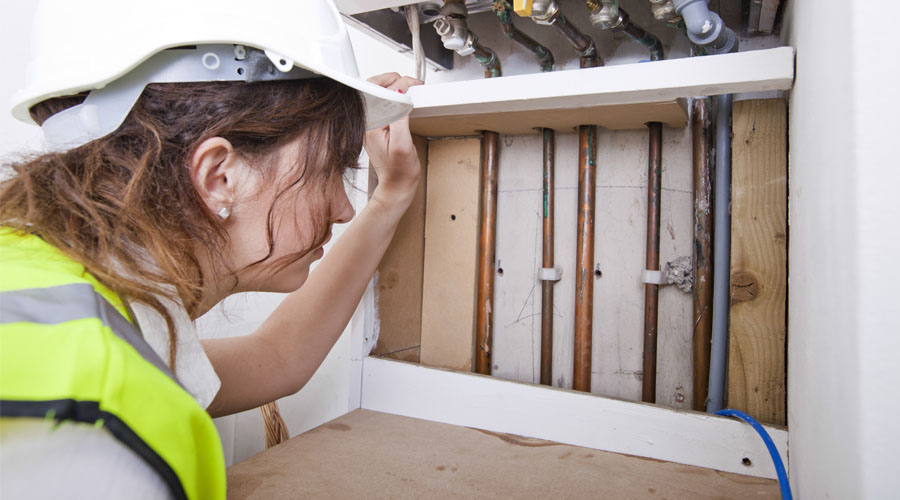Everyone has questions about plumbing at some point in time. Everyone should want to understand how to correct minor problems and how to do their own maintenance. This article problem helps with both so that people may be prepared for all kinds of plumbing emergencies.
You can prevent frozen pipes within the home, by ensuring the temperature does not fall below freezing. Another important step is insulating pipes that are exposed to cold temperatures.
If the ambient temperature around the pipes is below freezing, the pipes can freeze. If pipes do freeze, the best possible scenario would include taking time for the pipes to thaw and any frozen water to drain. At worst, they will burst and you’ll be paying to repair the damage.
Pump your septic tank every five years to keep it working well. Doing this prevents any sediment from getting built up within the tank, which causes a backup in your home or causes your entire septic system to fail. In this case, the cost of prevention definitely outweighs having your septic backing up into your house or failing.

Check your floors for softness around toilets, so that you can ascertain if there is any floor damage. Stand over the toilet, then rock it back and forth to see if any weakening in the floor has occurred. You could save money if you notice these problems early.
To keep things flowing smoothly through the drain of your bathtub, each month you should feed it baking soda, one cup’s worth, with a cup of vinegar to chase it. Plug up the drain and allow the chemical reaction to occur.
Wait for a little while, and then pour boiling water down the drain. This method clears out soap scum buildup and accumulated hair that gets caught in the pipes.
Ensure that your sink’s overflow holes are clear. Overflow holes are used in case the sink starts to overfill, which may not seem like a big problem–until it is. It’s easy to maintain your plumbing, in this regard. When you’re performing periodic checks, simply clear any overflow holes while checking for other potential problems.
Don’t use your toilet as a trash can in order to avoid problems. Don’t flush cotton balls, diapers, paper towels, or anything else that doesn’t dissolve, as these can clog it. Also, be conservative in your use of toilet paper.
You should always clean your dryer’s lint trap. This saves you from potential problems, including the prevention of fires. Look over the lint trap to make sure there aren’t any rips or holes. This can cause problems like clogs.
Frozen pipes are on of the most expensive plumbing problems. Fortunately, it’s usually an avoidable problem. The first thing you should do is ensure your outside pipes are thoroughly wrapped or insulated. Before winter, drain your hoses and disconnect your outdoor faucets. This will help to save you money on plumbing bills.
Proper education prior to a problem arising is imperative. Regular maintenance can also prevent small plumbing issues from becoming serious emergencies. Following the ideas and tips contained here can help you take care of many of your plumbing repairs in the future.




